When I was doing the research and development of The Scribbler’s Guide to the Land of Myth, one thing I discovered was that there is not much literature on parental figures. Joseph Campbell makes glancing references to Father Figures and Mother Figures, particularly in their negative manifestations, but little else. So I tackled the problem of developming a systematic structure for just what these figures ought to be, so that I (and of course, other storytellers) would be able to analyse the dynamics when I put one of these figures into a story.
The first thing I realized is that although mentor figures are also representatives of parental figures, they are not completely so. Thus, while a Mentor may be a Father Figure, a Father Figure is not necessarily, or not only, a Mentor. So what else is going on?
What it boils down to (if you want a fuller explanation, get the book!) is that a Father Figure has five functions: Protector, Mentor, Priest, Judge, Ruler. Any particular story relationship might focus more on one function than another, but they all contribute to the over-all picture.
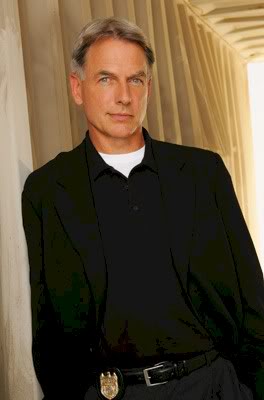 Which brings me to one of the best examples of a Father Figure currently running in popular culture: Leroy Jethro Gibbs on the show NCIS.
Which brings me to one of the best examples of a Father Figure currently running in popular culture: Leroy Jethro Gibbs on the show NCIS.
Now, because of the bantering and teasing play of Gibbs’ support team, some have called the regular characters a dysfunctional family. This is a mistake: this group is highly functional. The sibling-like squabbling and pranking should not be mistaken as dysfunction. Each team member understands his or her place in the group and delivers on the responsibilities. Trust runs strong among them and there is very little abuse of position — all signs of effective functionality. Perhaps we are so used to seeing the failure of functionality that it has become the “standard” and true functionality seems “dysfunctional.”
In any case, the successful functionality springs from the effectiveness of Gibbs as a Father Figure. So let’s consider it at work.
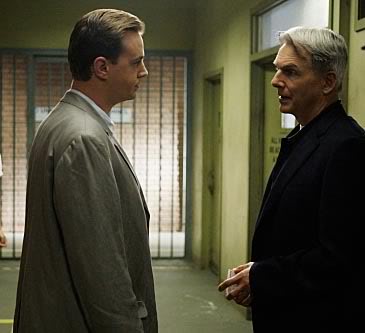 As a Mentor, Gibbs uses his “strong, silent” manners to demonstrate to Timothy McGee and Ziva David how to be an excellent investigator. These two, for different reasons, have needed the instruction a Mentor can provide. And they have learned successfully from Gibbs.
As a Mentor, Gibbs uses his “strong, silent” manners to demonstrate to Timothy McGee and Ziva David how to be an excellent investigator. These two, for different reasons, have needed the instruction a Mentor can provide. And they have learned successfully from Gibbs.
McGee, when sent into a women’s prison to question a possible suspect on a cold case, finds himself the on-scene investigator of a killing. Because he has learned from Gibbs how to read the evidence and how to read people, he is able to sort it out.
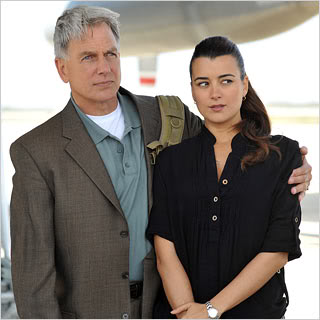 For Ziva, trained in espionage and assassination, learning to investigate and interview has run counter to her impulses. But because Gibbs by every indication shows her that he believes her capable of the new methods and expects her to act on them, she learns.
For Ziva, trained in espionage and assassination, learning to investigate and interview has run counter to her impulses. But because Gibbs by every indication shows her that he believes her capable of the new methods and expects her to act on them, she learns.
The Priestly function of a Father Figure is the aspect that acknowledges the achievement and mastery of “the child.” And Gibbs always delivers that affirmation when it is really needed. He has given McGee affirmation that he has become a good investigator at a time and in a way that makes public Timothy’s growth, by saying it in front of Tony DiNozzo, who relentlessly exercises the “superior” priviledges of an older brother to Tim.
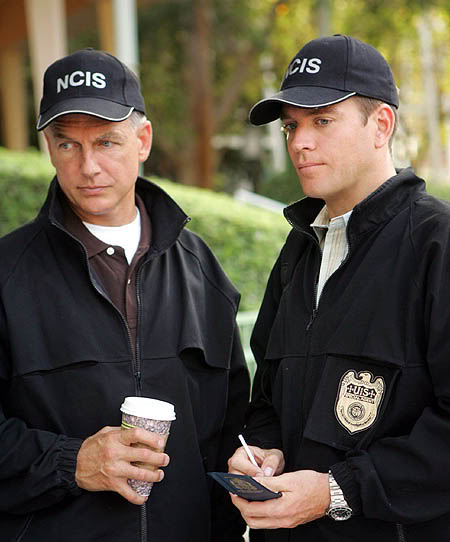 But Gibbs has also done the same for Tony: during a case in which Gibbs had given Tony the lead, Tony becomes so frustrated that he begins verbally abusing the team. Gibbs takes Tony aside and tells him he had been doing a good job … up to that point. The fact that this is a “priestly” action is shown by the fact that Gibbs addresses DiNozzo as “Anthony,” something he almost never does. Tony is both chastened and encouraged by this.
But Gibbs has also done the same for Tony: during a case in which Gibbs had given Tony the lead, Tony becomes so frustrated that he begins verbally abusing the team. Gibbs takes Tony aside and tells him he had been doing a good job … up to that point. The fact that this is a “priestly” action is shown by the fact that Gibbs addresses DiNozzo as “Anthony,” something he almost never does. Tony is both chastened and encouraged by this.
 As the boss of the team, Gibbs is in fact the Ruler of them all. But one of the duties of the Ruler is to command the discipline of his subjects, and this is the need Gibbs fills for DiNozzo and Agent Kate Todd. Although Tony is actually a good investigator, his own impulses are to flake off, chasing pretty women or playing games. Gibbs enforces discipline and so gets excellent work out of Tony.
As the boss of the team, Gibbs is in fact the Ruler of them all. But one of the duties of the Ruler is to command the discipline of his subjects, and this is the need Gibbs fills for DiNozzo and Agent Kate Todd. Although Tony is actually a good investigator, his own impulses are to flake off, chasing pretty women or playing games. Gibbs enforces discipline and so gets excellent work out of Tony.
Kate, though she came to NCIS from the Secret Service, also had some need of the discipline Gibbs requires. In the pilot, she is shown as having become romantically involved with a co-worker on the Presidential detail, something that would never have happened if she’d been under Gibbs’ rulership.
 As a Protector, we see Gibbs protecting both Abby and Ziva. When Ziva was framed for the assassination of someone under FBI protection, it is to Gibbs (and not her own father) that she turns to, to get her out of it. And he does.
As a Protector, we see Gibbs protecting both Abby and Ziva. When Ziva was framed for the assassination of someone under FBI protection, it is to Gibbs (and not her own father) that she turns to, to get her out of it. And he does.
When Abby is stalked by an ex-boyfriend, Gibbs becomes very fierce in resolving the matter. (As all the team acknowledges, Abby “is his favorite.”)
To all of the team, he is their Judge: he evaluates their work, and they turn to him for his opinion on everything other than romantic attachments (his three ex-wives serving as a warning to them that he is not perfect, especially in that).
So far, the points I’ve made have been about what Gibbs gives to his team, what needs he addresses for each of them. But what does he get out of it? What makes it possible for him to continue playing Father Figure to this unlikely “family”? He gets their nearly undivided devotion. Abby in particular bestows on him the love of a daughter, which addresses the biggest hole in Gibbs’ own life, since his first wife and only child were killed long ago. He is not the Father Figure to this group just because they need him. He is such also because he needs them.
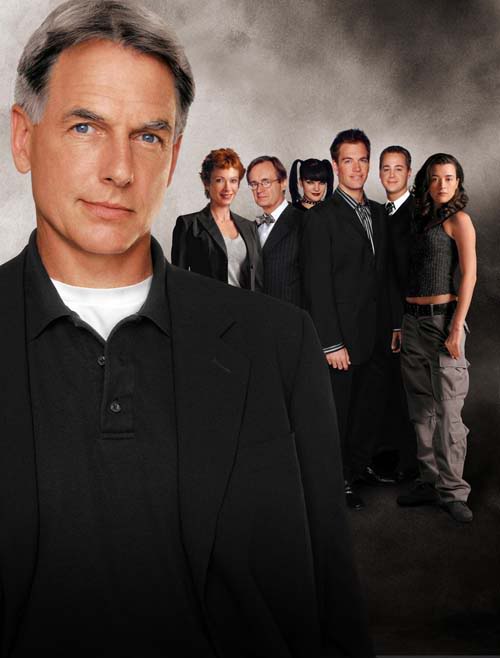
As I said, this team is a highly functional family unit. If they were dysfunctional, the incidental pains of failure and abuse would be considerably less appealing to the audience. It is the functionality that propells the show into success and audience affection.

Pingback: Father Knows Worst | Scribbler's Guide to Myth